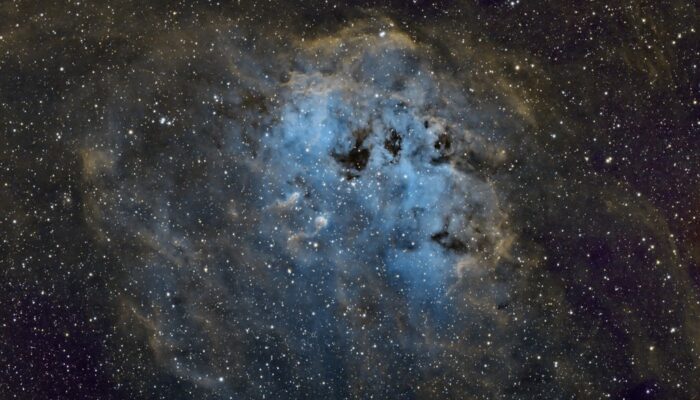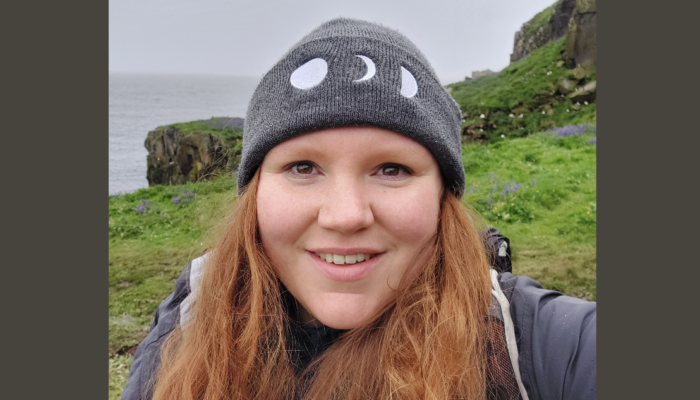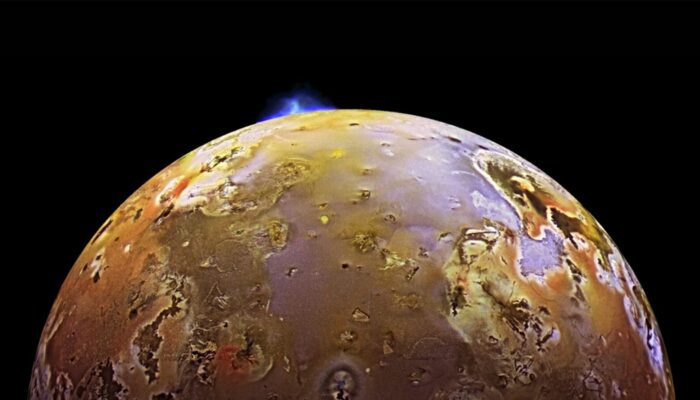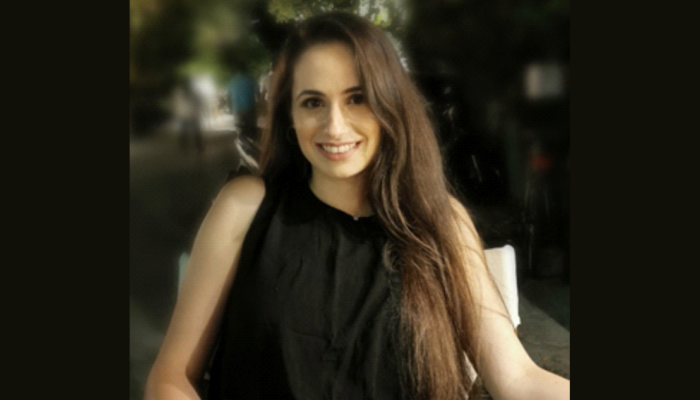January 19th marked the 175th birthday of Dutch astronomer Jacobus Kapteyn. His work and legacy had a profound yet subtle impact on the astronomical community and our understanding of the cosmos. His lasting contributions and methodologies continue to be refined and provide the foundation for ongoing astronomical research and discoveries. After he completed his studies, Kapteyn worked at Leiden Ob ...[Read More]
GeoTalk: meet Silke Asche, researcher of the origin of life on other planets!
Hello Silke and welcome to GeoTalk! Before we dig into your topic of expertise, could you introduce yourself to our readers? Hello, Simon. My name is Silke Asche, and I am a chemist in astrobiology and part of the Agnostic Biosignature Collective led by Dr Heather Graham at NASA’s Goddard Space Flight enter. My Ph.D. focused on Origins of Life (OoL) research and the automation of such experiments. ...[Read More]
Io: a spongy world consumed by molten rock
Jupiter’s moon Io is the most volcanically active world in our solar system, with hundreds of volcanoes that constantly erupt on its ever renewing surface. Although Io always points the same side toward Jupiter in its orbit around the gas giant, two other Galilean moons, Europa and Ganymede, pull Io’s orbit into an irregularly elliptical one. Thus, in its widely varying distances from ...[Read More]
GeoTalk: meet Georgia Moutsiana, researcher of Jupiter’s magnetosphere!
Hello Georgia – welcome to GeoTalk! Could you tell our readers a little bit about yourself and your background? Thank you, Simon! I’m Georgia Moutsiana, a space scientist and PhD candidate at the National and Kapodistrian University of Athens, Greece. My research focuses on understanding the processes that accelerate and transport charged particles in planetary magnetospheres. My key message is th ...[Read More]




